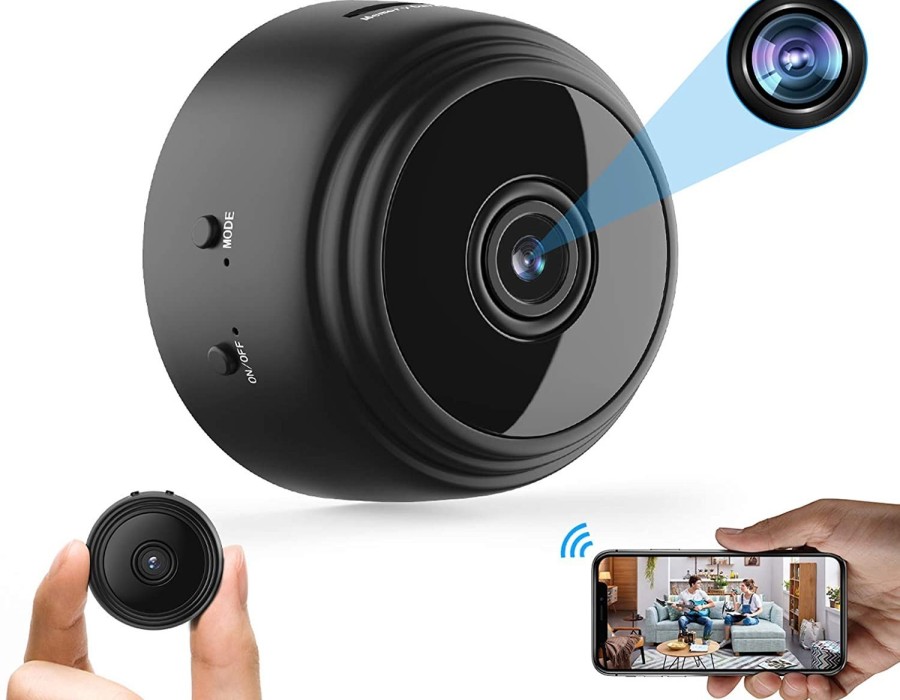Certainly! When considering security solutions for your home or business, choosing between wired and wireless CCTV cameras is crucial. Each type offers distinct advantages and potential drawbacks depending on your specific needs.
Here’s a detailed overview of both options to help you make an informed decision:
Wired CCTV Cameras
Advantages:
- Reliable Connection:
- Wired cameras are directly connected to the recording device (such as a DVR) and power source, ensuring a stable and reliable connection without interference or signal loss.
2. Higher Image Quality:
- Typically, wired systems offer higher and more consistent video quality since they aren’t susceptible to the bandwidth limitations that wireless systems can encounter.
3. No Interference:
- These systems are not affected by other wireless devices in the area, which can cause interference and signal degradation in wireless systems.
4. Security:
- Wired systems are generally more secure as they aren’t susceptible to hacking or signal jamming.
Disadvantages:
- Complex Installation:
- Installation can be more labor-intensive and expensive due to the need to run cables through walls, ceilings, or underground.
2. Limited Flexibility:
- Once installed, it can be challenging to relocate cameras without running new cables, making the system less adaptable to changes in your surveillance needs.
Wireless CCTV Cameras
Advantages:
- Easy Installation:
- Wireless cameras are easier to install since they don’t require extensive cabling. They only need a power source, which can even be a battery in some models.
2. Flexibility:
- These cameras can be easily moved and repositioned as needed, offering greater flexibility for covering different areas.
3. Remote Access:
- Most wireless systems offer easy integration with mobile apps, allowing you to view live footage remotely from your smartphone or computer.
4 . Scalability:
- It’s simpler to expand a wireless system by adding more cameras as needed without the hassle of running new wires.
Disadvantages:
- Signal Interference:
- Wireless cameras can suffer from interference from other wireless devices, such as routers, cordless phones, and microwaves, which can affect the quality and reliability of the video feed.
2. Security Concerns:
- Wireless systems are more susceptible to hacking and signal jamming if not properly secured with strong passwords and encryption.
3. Battery Maintenance:
- For battery-powered wireless cameras, regular maintenance is required to ensure they are always operational.
Key Considerations
- Power Source:
- Both wired and wireless cameras require a power source. Wired cameras draw power through their cables, while wireless cameras need batteries or a nearby outlet.
- Range:
- The range of wireless cameras can be limited by the strength of your Wi-Fi signal. Wired cameras can be placed further from the recording device as long as the cables are long enough.
- Budget:
- Wired systems might have higher initial installation costs due to cabling, but wireless systems might incur ongoing costs if you need to frequently replace batteries or upgrade your Wi-Fi network.
Popular Models
Wired Cameras:
- Reolink RLK8–800B4:
- 4K Ultra HD, 8-channel system, excellent night vision, and reliable wired connection.
2. Lorex 4KHDIP164:
- 4K IP security system, 16-channel DVR, weatherproof cameras, and advanced motion detection.
Wireless Cameras:
- Arlo Pro 4:
- 2K HDR, color night vision, wire-free, and easy integration with smart home systems.
2. Google Nest Cam IQ Outdoor:
- 1080p HD, intelligent alerts, robust weatherproofing, and seamless Google Home integration.
3. Ring Stick Up Cam Battery:
- 1080p HD, versatile placement options, motion-activated alerts, and compatibility with Ring Alarm.
Conclusion
Choosing between wired and wireless CCTV cameras ultimately depends on your specific needs, budget, and installation capabilities. Wired cameras are ideal for those who prioritize reliability and high image quality, while wireless cameras are perfect for those who need flexibility and ease of installation. Carefully evaluate your requirements and consider the pros and cons of each option to ensure you select the best system for your security needs.






Comments